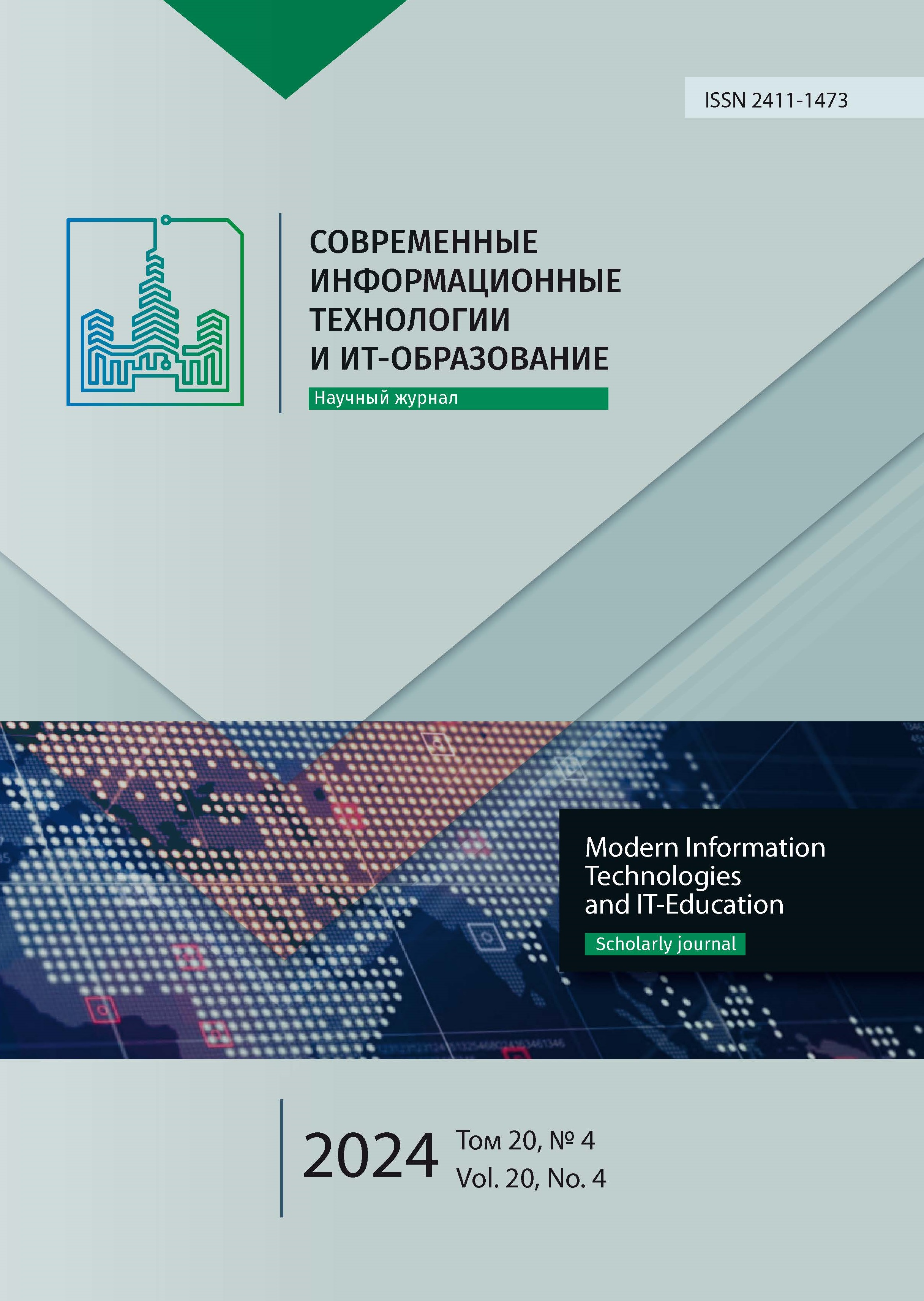Особенности аудита цифровой зрелости организаций сферы полиграфии
Аннотация
Статья посвящена вопросам проведения аудита цифровой зрелости полиграфических организаций. Актуальность данной темы связана с тем, что в современных условиях проведение аудита цифровой зрелости организации – важное условие дальнейшего цифровой трансформации организации и сохранения ее конкурентоспособности. Вопрос аудита цифровой зрелости недостаточно исследован как на понятийном уровне, так и с точки зрения адаптации общих методик к конкретной сфере деятельности. Основной целью данного исследования является изучение особенностей проведения оценки цифровой зрелости, разработка алгоритма аудита цифровой зрелости для полиграфических организаций (типографий) и проведение оценки текущего уровня цифровой зрелости организаций данной сферы деятельности. В статье дано авторское понятие аудита цифровой зрелости, определены основные элементы процесса аудита и разработан алгоритм проведения аудита цифровой зрелости. Так как полиграфия как сфера деятельности обладает существенными особенностями, была проведена адаптация показателей и критериев оценки цифровой зрелости. Был практически реализован первый этап аудита цифровой зрелости, который заключается в проведение оценки текущего уровня цифровой зрелости полиграфических организаций на основе адаптированной методики. При апробации методики был оценен уровень цифровой зрелости тринадцать полиграфических организаций, на основе чего были сделаны выводы об уровне их цифровой зрелости, сильных и слабых сторонах. Анализ проводился по пяти основным блокам: "Потребители и продукты", "Инфраструктура и цифровые инструменты", "Процессы", "Данные и модели, "Кадры и цифровая культура". На основе анализа были сделаны выводы о том, что сильной стороной полиграфических организаций является достаточно высокий уровень цифровой зрелости по блоку "Инфраструктура", также на высоком уровне находится цифровизация продуктов и взаимодействие с клиентами, а вот процессное управление, кадры организации и цифровая культура находятся на более низких стадиях цифровой зрелости.

Это произведение доступно по лицензии Creative Commons «Attribution» («Атрибуция») 4.0 Всемирная.
Редакционная политика журнала основывается на традиционных этических принципах российской научной периодики и строится с учетом этических норм работы редакторов и издателей, закрепленных в Кодексе поведения и руководящих принципах наилучшей практики для редактора журнала (Code of Conduct and Best Practice Guidelines for Journal Editors) и Кодексе поведения для издателя журнала (Code of Conduct for Journal Publishers), разработанных Комитетом по публикационной этике - Committee on Publication Ethics (COPE). В процессе издательской деятельности редколлегия журнала руководствуется международными правилами охраны авторского права, нормами действующего законодательства РФ, международными издательскими стандартами и обязательной ссылке на первоисточник.
Журнал позволяет авторам сохранять авторское право без ограничений. Журнал позволяет авторам сохранить права на публикацию без ограничений.
Издательская политика в области авторского права и архивирования определяются «зеленым цветом» в базе данных SHERPA/RoMEO.
Все статьи распространяются на условиях лицензии Creative Commons «Attribution» («Атрибуция») 4.0 Всемирная, которая позволяет другим использовать, распространять, дополнять эту работу с обязательной ссылкой на оригинальную работу и публикацию в этом журналe.













